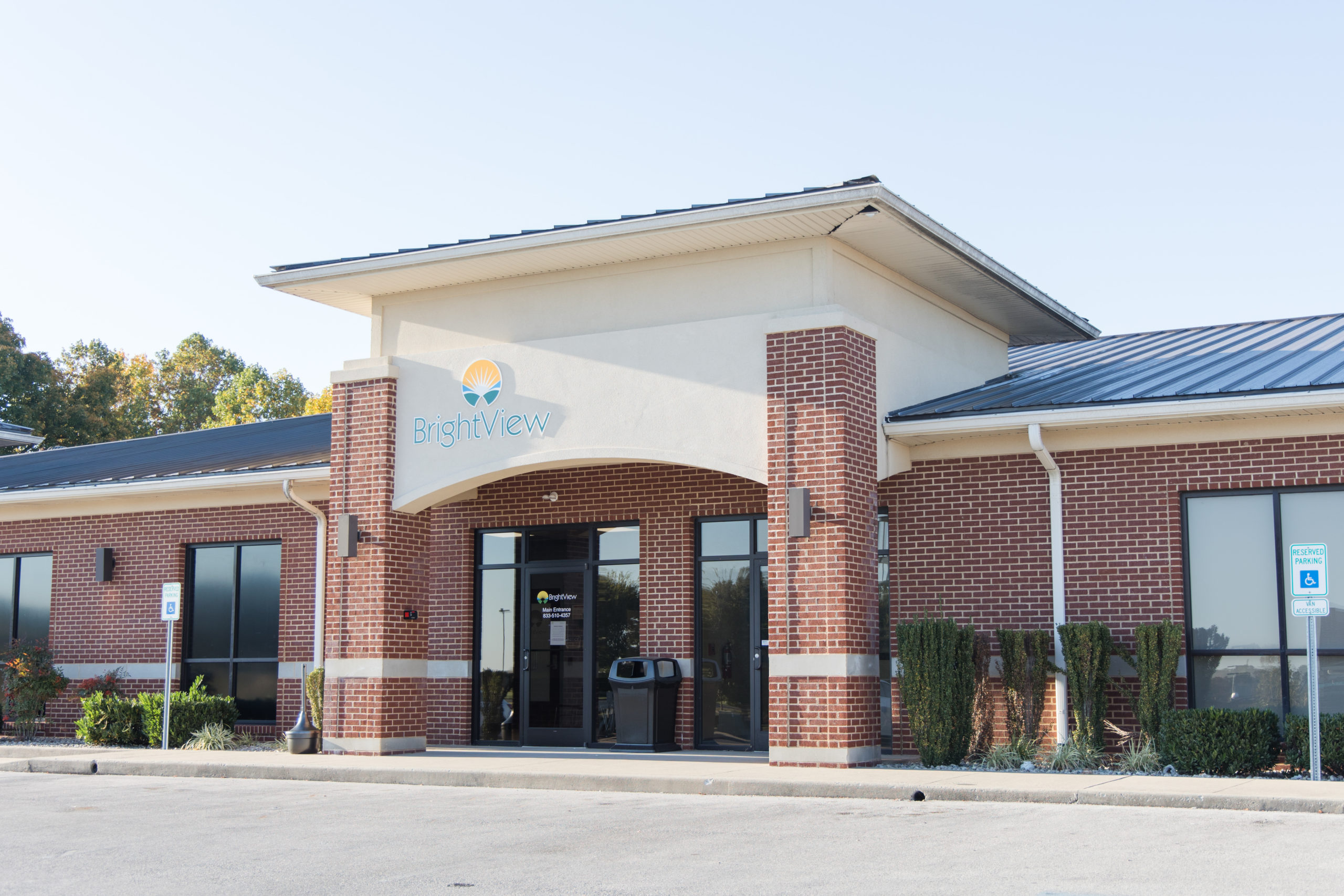Individualized Recuperation: Benefits of a Certified Addiction Treatment Center
Individualized Recuperation: Benefits of a Certified Addiction Treatment Center
Blog Article
Browsing the Journey of Cleansing in the Comprehensive Addiction Therapy Program
Embarking on the course of detoxification within the framework of a detailed addiction therapy program is an essential phase in the trip in the direction of healing. The process of detoxification holds a substantial role in damaging the physical reliance on materials and preparing the person for the succeeding phases of treatment. However, browsing through detoxification is not simply a matter of physical cleansing; it involves a complex interaction of mental, psychological, and social factors that need careful consideration and support. As people grapple with the challenges of withdrawal signs and the unpredictabilities that lie ahead, having a structured strategy and a robust assistance system in place comes to be paramount. In this conversation, we will certainly explore the multifaceted facets of detoxing within the comprehensive dependency treatment program and clarified the crucial elements that shape this transformative trip in the direction of recovery.
Significance of Detoxing in Recuperation

Detoxification sets the structure for the rest of the dependency treatment program by preparing the individual for more therapy and counseling. By cleaning the body important that have been clouding judgment and influencing habits, detoxification enables individuals to approach their recovery with a clearer mind and more powerful emphasis.
Furthermore, detoxification helps in managing the possibly severe withdrawal signs and symptoms that may emerge when medication or alcohol use is stopped. Medical experts closely keep an eye on individuals during detox to ensure their security and give needed assistance. With this procedure, individuals can begin their journey towards soberness with a stabilized physical and psychological state, raising the likelihood of an effective recuperation.
Understanding the Detox Refine
Detoxing, an essential part of addiction treatment programs, involves an organized process targeted at securely eliminating unsafe compounds from the body to promote an effective healing trip. The detoxification process generally starts with an analysis to analyze the person's substance usage background, physical health, and psychological health. This assessment assists medical care professionals identify one of the most ideal detoxification plan customized to the person's requirements.
During detox, the body goes with withdrawal as it gets used to the lack of the substance. Withdrawal signs and symptoms vary depending on the sort of compound used, the duration of use, and specific aspects. Clinical guidance during detoxification is critical to take care of withdrawal signs and make certain the person's safety and security and convenience.

Handling Withdrawal Signs

Drugs may be made use of to minimize specific withdrawal signs and minimize useful site discomfort. Medications like methadone or buprenorphine can aid handle opioid withdrawal symptoms, while benzodiazepines may be used for alcohol withdrawal. It is vital for doctor to thoroughly check the person's reaction to these medicines to ensure their safety and efficiency.
Along with pharmacological treatments, supportive therapies such as counseling, peer assistance groups, and all natural methods like mindfulness reflection or yoga can help individuals deal with the psychological and psychological difficulties of withdrawal. By attending to withdrawal symptoms thoroughly, doctor can boost the detoxing experience and support individuals on their trip to recovery.

Assistance Systems Throughout Detoxification
Assistance systems play a critical function in supplying emotional and social support to individuals going through detoxification in addiction treatment programs. Throughout the detox procedure, individuals frequently experience a series of physical and psychological withdrawal symptoms, making this stage tough - Addiction Treatment Center. Having a strong support group in area can significantly impact the individual's capability to navigate through detox effectively
Support teams supply a platform for individuals to attach with others that are going through similar experiences, supplying a feeling of area and shared understanding. Medical care professionals, including counselors, medical professionals, and therapists, play a critical role in keeping track of the individual's progress, providing medical assistance, and providing assistance throughout the detoxification process.
Looking Ahead: Life After Detox
Having actually effectively finished the cleansing phase, people in dependency treatment programs currently focus on preparing for the difficulties and chances that lie ahead in their trip in the direction of recovery. Life after detox notes a critical change duration where people must remain to construct on the development made during detoxification to preserve their soberness. It is crucial for people to acknowledge that the trip towards recuperation is continuous and calls for dedication, dedication, and a readiness to welcome change.
One secret aspect of life after detox is the advancement of coping devices to deal with triggers and yearnings that might emerge. This might entail discovering brand-new abilities, go to these guys such as mindfulness methods, cognitive-behavioral methods, and tension management strategies, to browse difficult scenarios without resorting to compound usage. Additionally, people are motivated to actively participate in ongoing treatment, support system, and aftercare programs to strengthen their assistance network and receive guidance as they browse the complexities of life post-detox.
Verdict
Understanding the detoxification procedure and managing withdrawal signs and symptoms are crucial steps in the direction of healing. It is vital to recognize the relevance of detoxification in the process of getting rid of dependency and relocating towards a life of soberness.
Medical guidance during detox is vital to handle withdrawal signs and make certain the individual's security and convenience.
By recognizing the detox process and its significance in breaking the cycle of dependency, people can get started on a path towards lasting recuperation.
Throughout the detoxification process, individuals usually experience an array of emotional and physical withdrawal signs and symptoms, making this phase challenging. Healthcare specialists, consisting of therapists, therapists, and medical professionals, play an important role in checking the individual's progression, supplying medical assistance, and providing support throughout the detox procedure.
Life after detox marks an essential transition period where individuals must continue to construct on the progression made throughout detoxification to preserve their sobriety.
Report this page